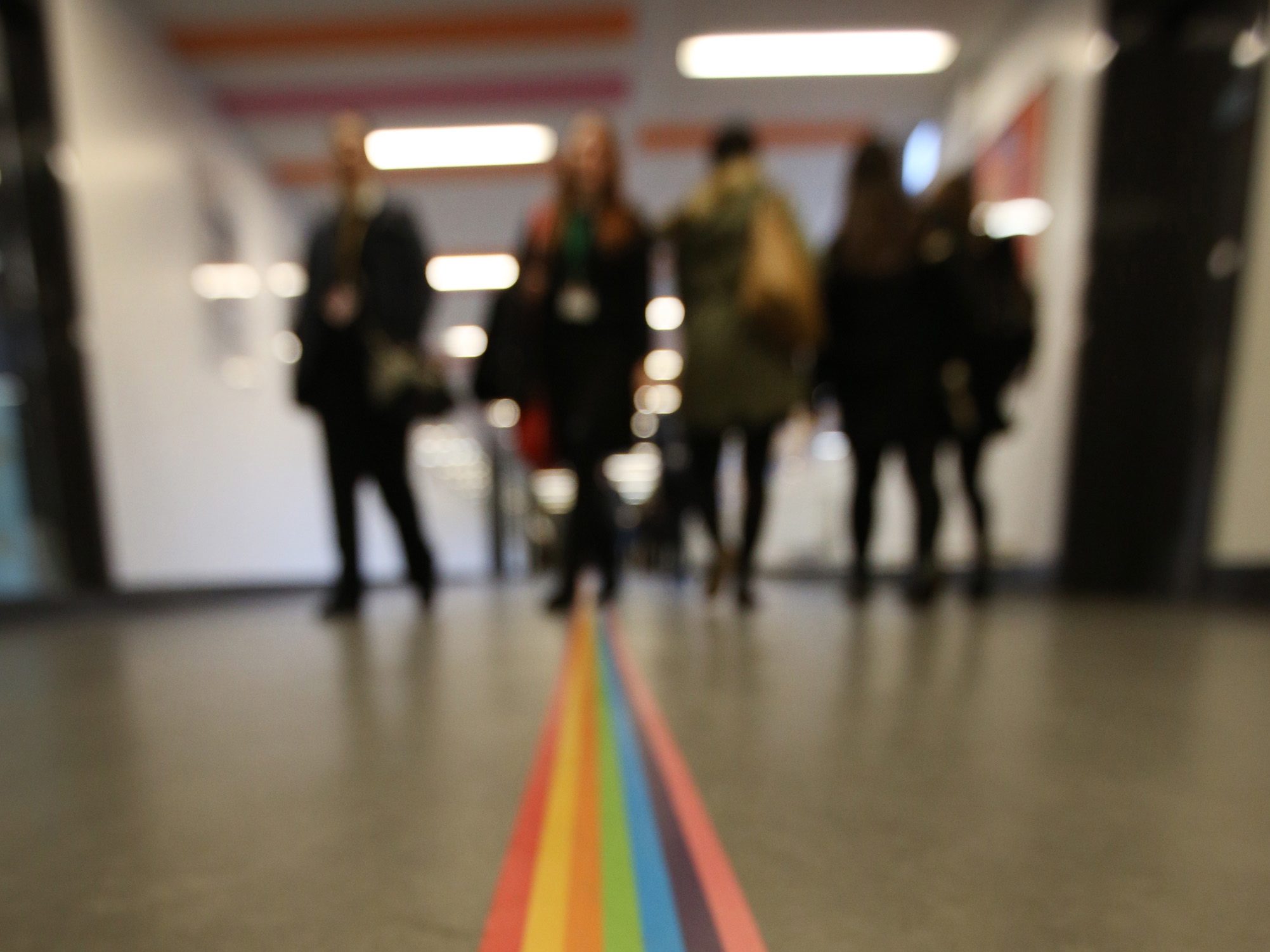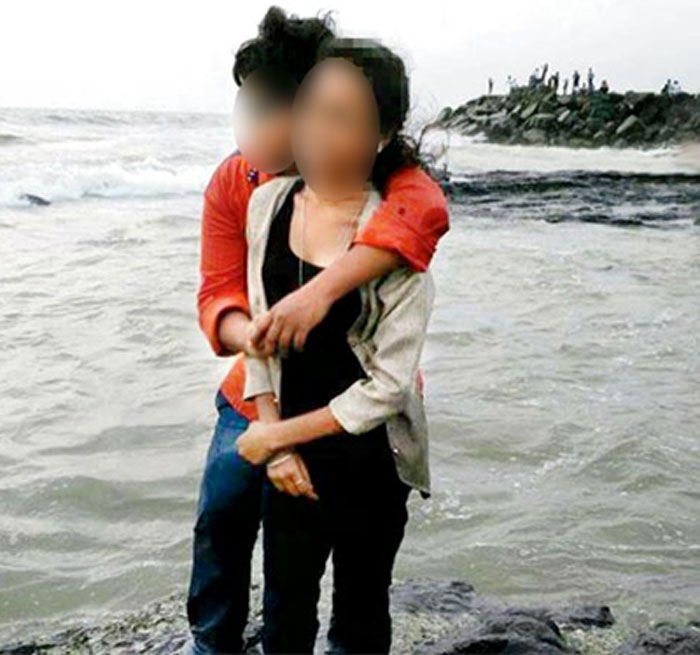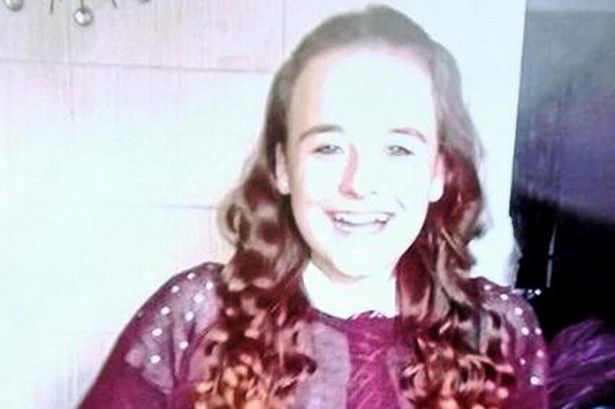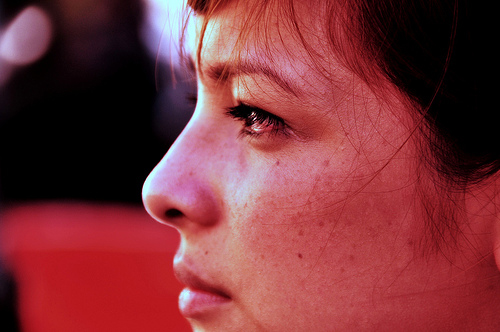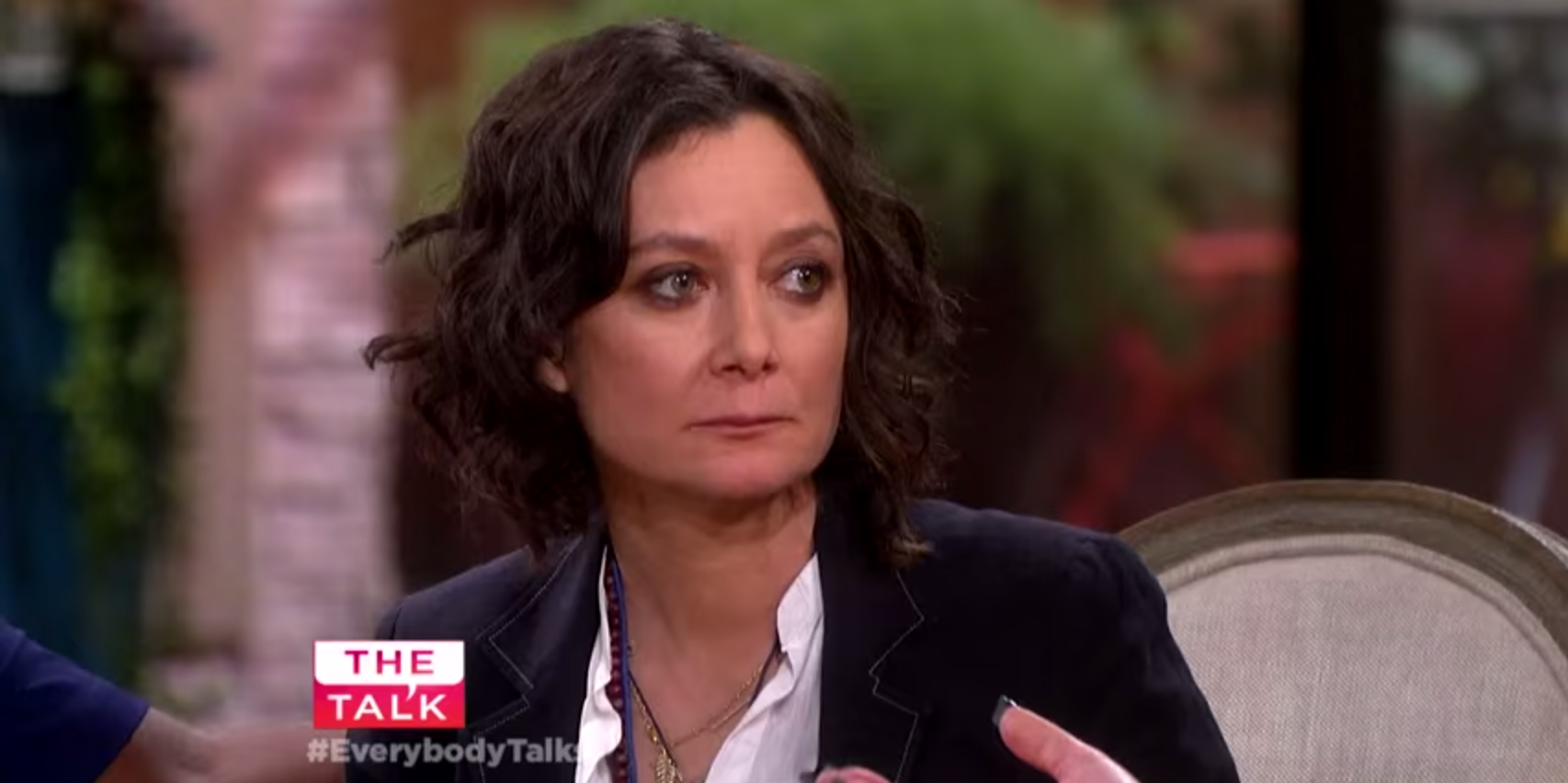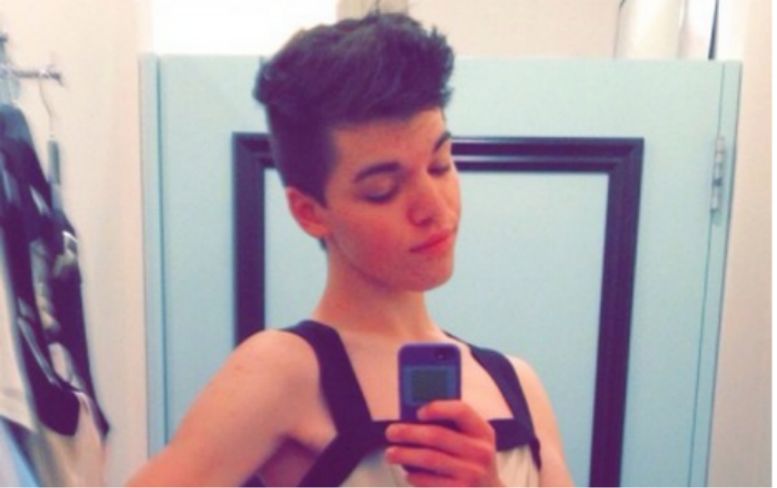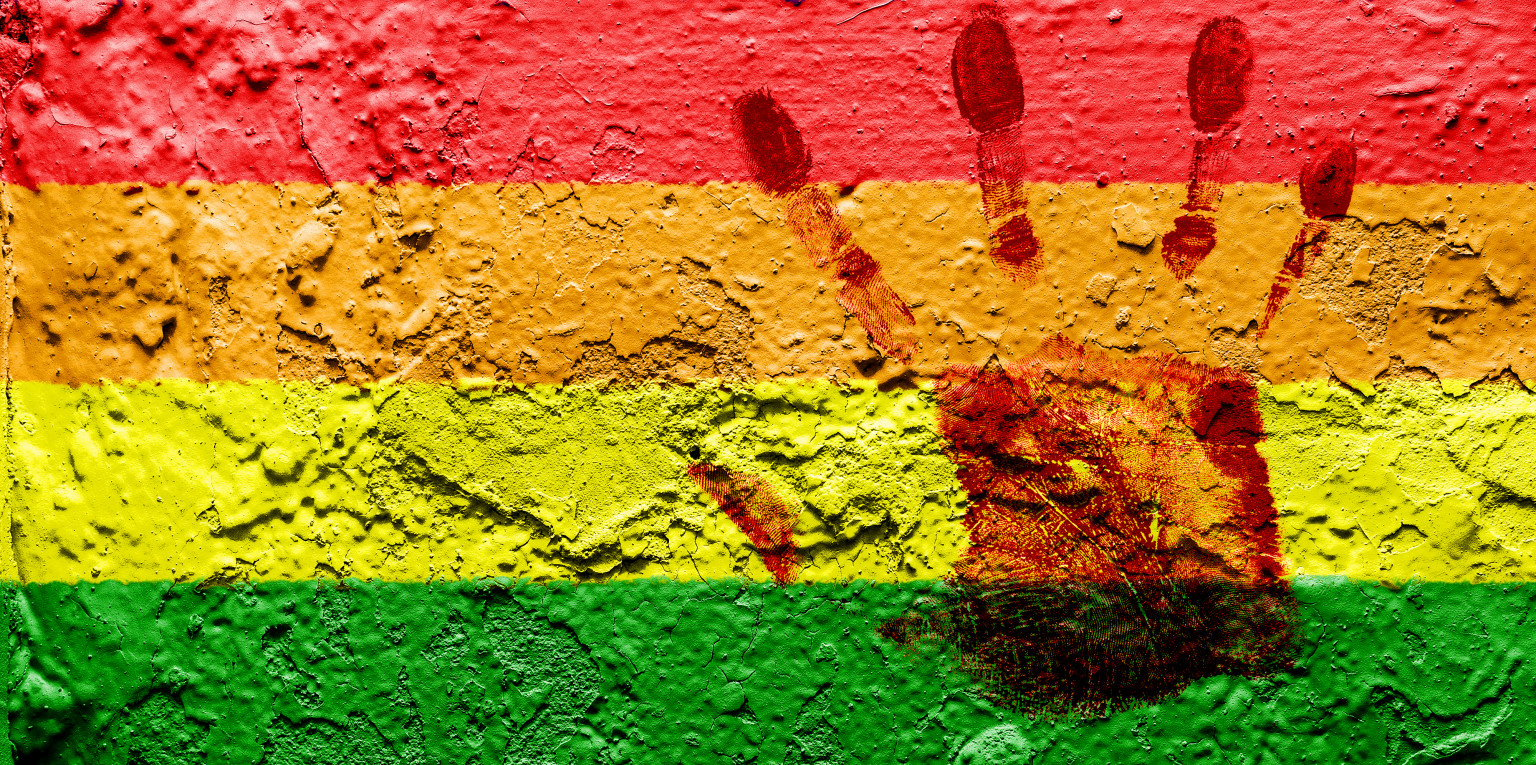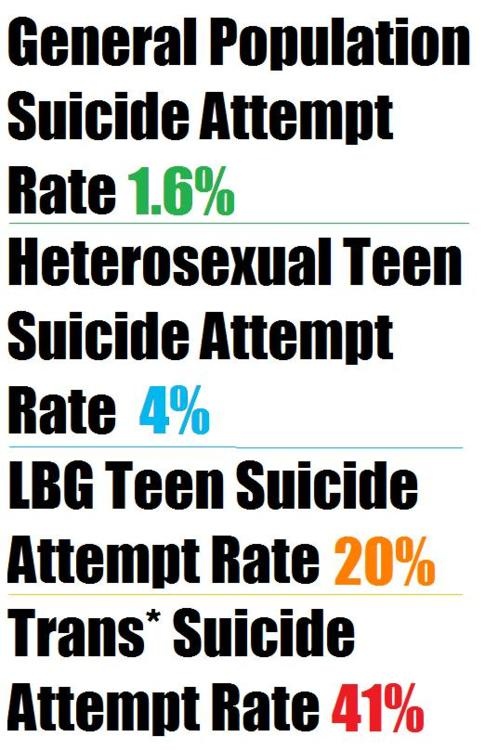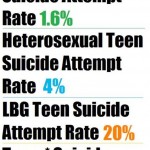Suicide is a hard thing to talk about. There are a lot of conflicting opinions whenever it’s brought up – for many, it’s a deeply sensitive topic, and one that affects everyone in some way. Chances are good that you have either thought about suicide yourself, or you know someone who has. Yet, still, there’s this big stigma around it, and people are afraid to talk about it – mostly because they’re afraid of how other people will react. If it’s not sensitive and supportive, it’s often harsh and triggering.
Now, I don’t like to talk about my own suicidal past, either – partially because of the stigmas, and partially because I’m not that person anymore. But as September is suicide prevention month, and people who have oppressed identities – like the queer community has for so many years – are statistically more likely to think about and attempt suicide than their straight classmates.
I don’t want to get too deep into my story, but I will say that it has been almost 7 years since my last suicide attempt. I’m out of that place now – but the risks of returning there will always be on my mind. What’s even worse, to me, is that there are still so many youths that are still living with this daily struggle weighing on them. These young people are the future of the queer community, and we need to talk about what’s happening.
1. According to the CDC, LGBTQ high school students are at a higher risk for rape, bullying, and suicide.
In one of the saddest CDC reports I’ve ever read (although, admittedly, I’ve only ever read a few), it was stated that sexual abuse, bullying, and suicide risks were much greater within the 9th-12th grade LGBTQ community. According to this report, gay, lesbian, and bisexual high school students were at higher risk for 16 violence-related risky behaviors (out of 18 total identified behaviors). LGBTQ students also placed at higher risk for 18 out of 19 alcohol or drug use behaviors, as well as for 11 out of 13 tobacco-use related risk behaviors. LGBTQ students also managed to rank highest in give out of six sexual risk behaviors. This article gives a little more reader-friendly version of the findings.
This means that, across the board, LGBTQ students are very high-risk, and confirms the need for more LGBTQ-youth-oriented programs in local communities. (But we’ll get further into that one in just a few minutes.) Similar studies have been done by the US National Library of Medicine, although they state that any findings are “tentative” because not all people who identified as a “sexual minority” were out to their friends and family members, and as such, the numbers could be higher than the data collected reflects.
2. LGBTQ youth are more likely to be bullied.
91% more likely, in fact – a staggering number for any statistic, let alone one about suicide. They’re also 46% more likely to be physically or sexually victimized than their heterosexual classmates. (And, might I add, this includes LGBTQ youth who has yet to come out – the bullying is not necessarily homophobic in nature.)
Among these categories, trans-identified students are of particular concern. Over half of all transgender and gender-nonconforming students who are bullied for their identity have already attempted suicide, and that number jumps up to 78% for those who have experienced physical or sexual abuse at school.
Of course, there are a whole host of other things that the queer community is more likely to experience – check out this study by The Williams Institute to learn about a few more.
3. Lack of support and acceptance at home increases the risks of suicide.
While bullying outside the home is the type we think of the most, the truth is that having a hostile home environment has just as much of a devastating impact, if not more – after all, at school, there’s a chance to get away, and that’s not usually the case at home. Kids from homophobic families are 8.4 times more likely (that’s 840%, for those of you who don’t like decimals) to attempt suicide than their heterosexual peers and peers with supportive home lives.
4. Suicide is the #2 cause of death among people aged 10-24.
Yes, you read that right – suicide is the #2 cause of death among preteens, teenagers, and young adults. Thankfully, these numbers are a little lower in counties and regions that have more support for queer youth. In fact, counties that aren’t safe and supportive spaces for LGBTQ youth, suicide rates are 20% higher than in counties that are safe and supportive.
LGBTQ high schoolers are 4 times more likely (400%) to attempt suicide than their heterosexual peers.
5. Gay and bisexual men are most likely to attempt suicide before the age of 25.
Across all demographics, gay and bisexual men account for the most suicide attempts, with 20% of gay and bi men having a suicide plan, and 12% attempting suicide within their lives. According to the US National Library of Medicine, most of these men attempted suicide before they turned 25.
6. Gay/Straight Alliances reduce the suicide risk for all students.
What may be a bit more of a shock is the fact that Queer-Straight Alliances (or Gay-Straight Alliances, or whatever they happen to be called in your area) actually reduce the risk of suicidal thoughts, behaviors, and attempts even for heterosexual students. In fact, in schools that had their QSA for over three years, incidents of homophobic bullying and suicidal thoughts were dropped by as much as 50%, across the board.
7. There are places you can go for help.
One of the most important things to remember is that, sometimes, just having someone to be there makes all the difference in the world. Whether you want to help out, or you are in a high-risk situation and just need to talk to someone, you may be able to find resources in your local area to help. In the US and Canada, there are 24-hour crisis call centers to help and you may be able to volunteer to help others, as well.
If you’re in another country and you know of a resource for at-risk and LGBTQ youth, please let us know in the comments. No one should have to feel alone in the world, and there is always someone who cares – you just have to know where to look.
